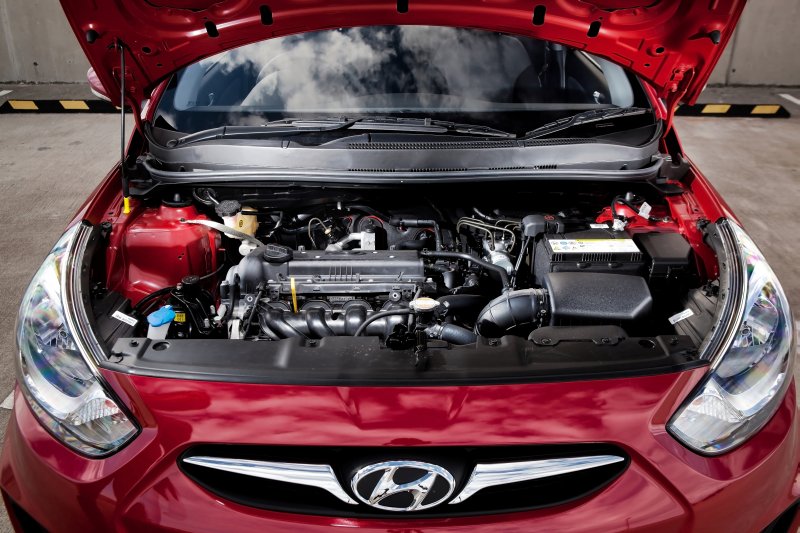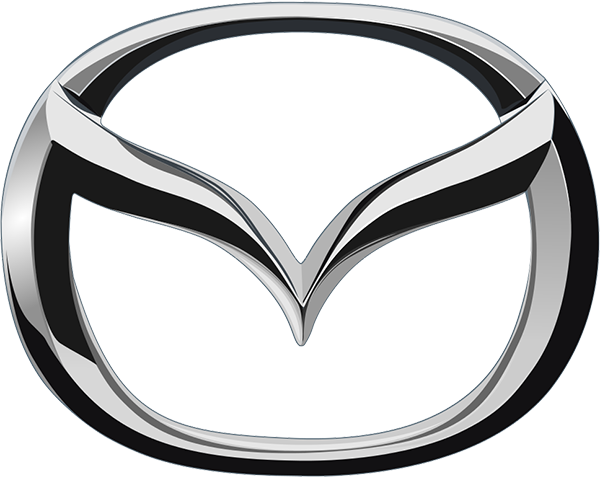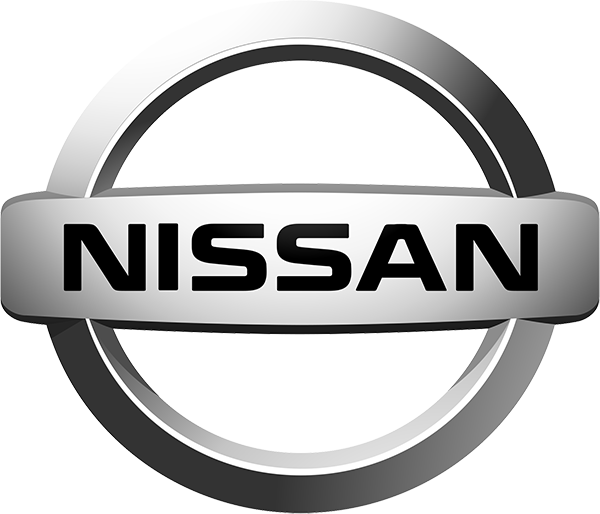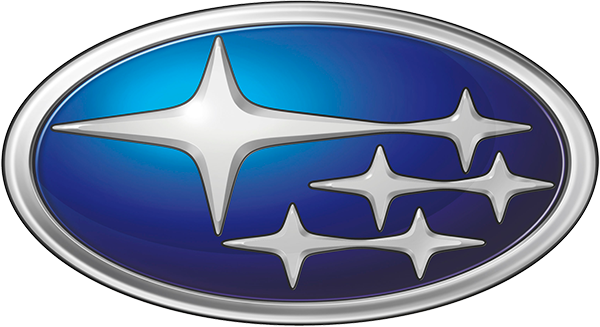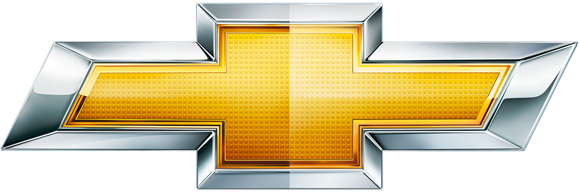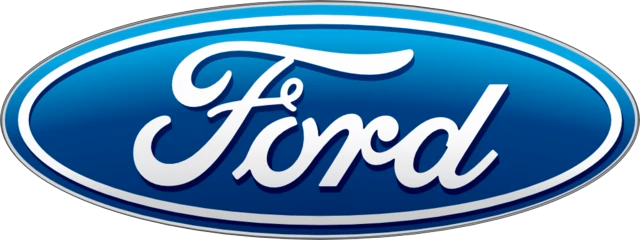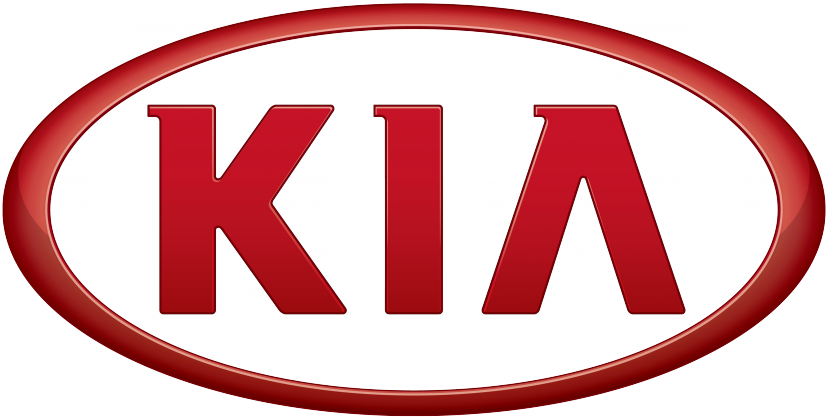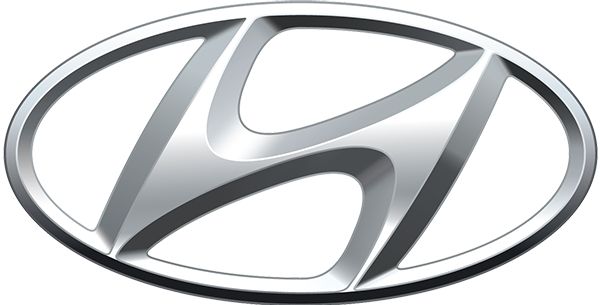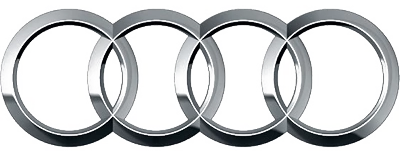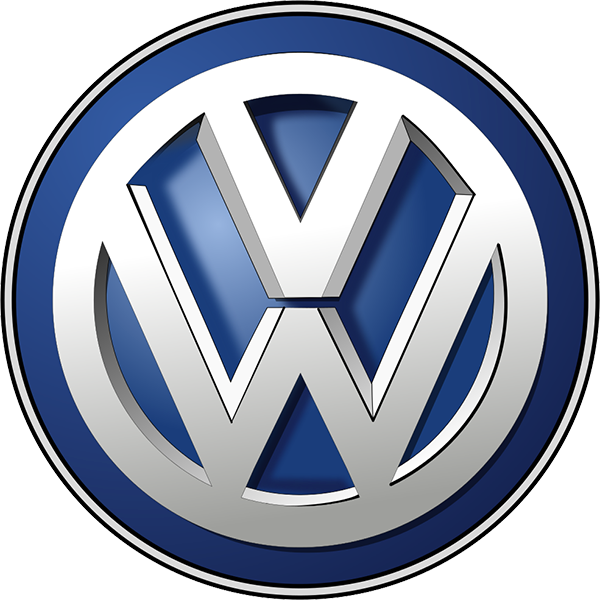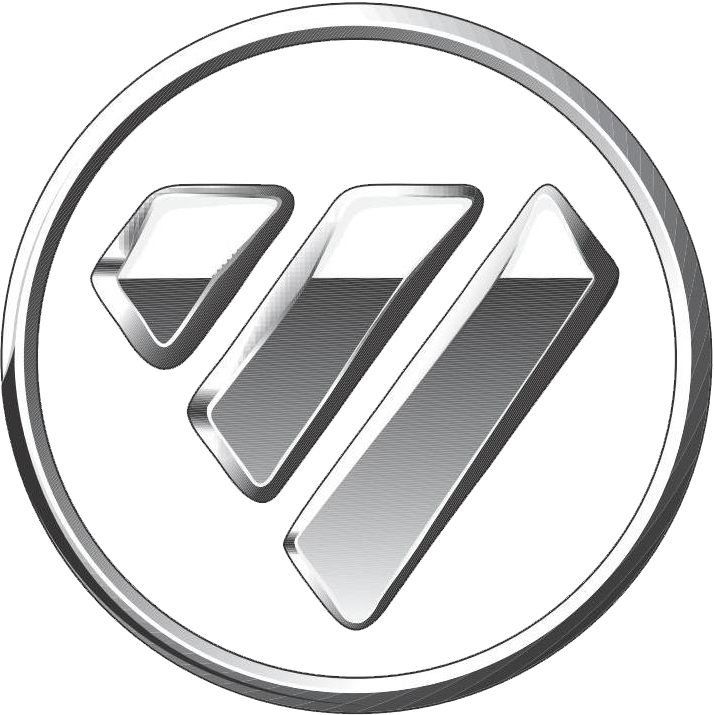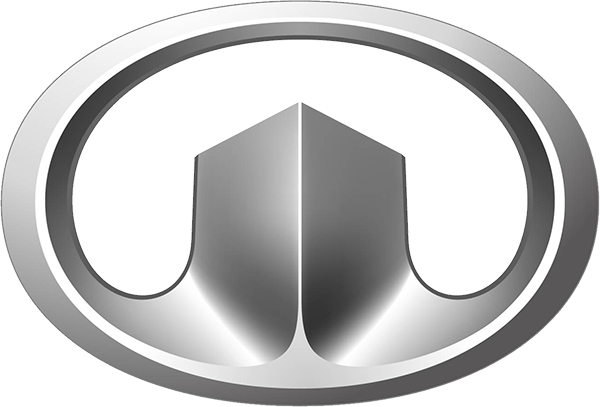It wasn’t so long ago that the diesel engine was viewed as a utility kind of power house for everything that’s heavy: trucks, buses, transport vans, pickup trucks, and more so with bigger crafts like ships. It had the ideal pull for big wheels that move big stuff. However, this “boss of bulk” image has also led many to believe it has limited uses, until recently when manufacturers started marketing passenger cars with diesel options.
Rudolf Diesel invented the Diesel engine in 1893, and it was initially used for industrial activities. Cars with diesel engines existed as early as the 1930’s. The Citroën Rosalie as the first production car with this type of engine. In January 1930, Cummins Engine Company mounted a diesel engine in a used Packard Touring Car and set out for the National Automobile Show in America’s first diesel-powered automobile.
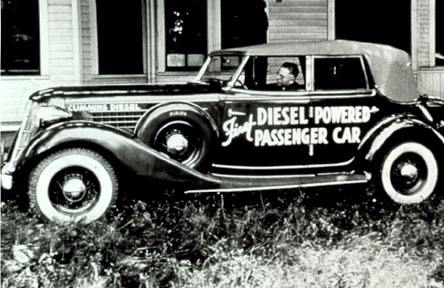
Today, car makers like Audi, BMW, Chevrolet, Volkswagen, and Mercedes-Benz have all adopted a diesel option for their sedans in Europe, where they now sell competitively. Contrary to popular belief, the engines used in these modern vehicles are no longer the noisy, clunky, gunk-prone and smoke-belching ones from days past. Improved engine design over the decades has upped combustion and efficiency rates, as well as reducing emissions. Models like Audi‘s A3, BMW 328D, Chevrolet Cruze, Volkswagen‘s Jetta and Passat, as well as the Mercedes-Benz E320 BlueTec are fine examples of diesel-powered sedans. In the Asian market however, Hyundai is so far leading the pack this decade with its current line of Accent sedans and hatchbacks. Mazda has released in Europe versions of the Mazda 2 and 3 with SkyActiv-D diesel engines.
Pros and Cons of Diesel Engine
One of the advantages of diesel, at least for developing countries, is its economy. Gasoline prices in Southeast Asia for example are usually higher than diesel, so it is a fine option for spendthrift owners who want the most mileage out of every drop of fuel. The thermal efficiency of diesel engines is still better than its gasoline counterparts, thanks to a higher compression rate and fuel-to-air breakdown. Modern designs are now also incorporating protection against cold temperatures and reduced noise, which were one of the telltale signs of older diesel engines.
Another great advantage for vehicles running on diesel is their longevity. As long as they’re well-maintained, filters cleaned regularly, and calibration checked, they can last a good long decade or so. For car owners, that’s a big plus since everyday driving can either make or break the engine. By characteristic, while gasoline engines make for better speed, diesel ones make for better burning, making it stronger rather than faster.
But of course, there’s also a downside to using Diesel powered cars. Mainly, they’re more expensive, at least in the Asian market. Prices can range as much as 15 to 25% higher than their gas counterparts. Tune-ups can also be a headache, since their technology is more advanced than regular gasoline engines. Finding an expert mechanic to calibrate, tune, or improve performance can be quite a task.
What’s left of course for the buying population is an advantage brought by choice. The option to choose from a regular gasoline or a diesel engine presents a win-win situation for both. More manufacturers are expected to release diesel options in the next ten years, and hopefully they will also be available in the Philippines.
